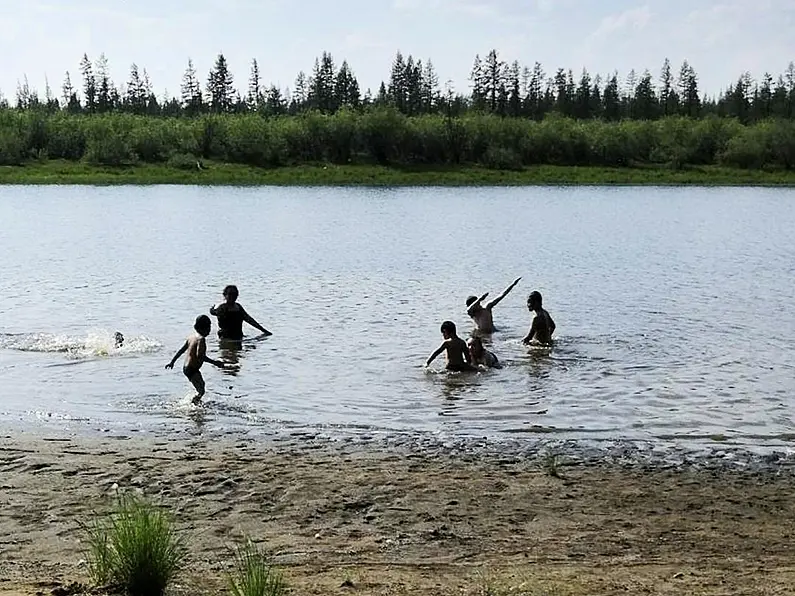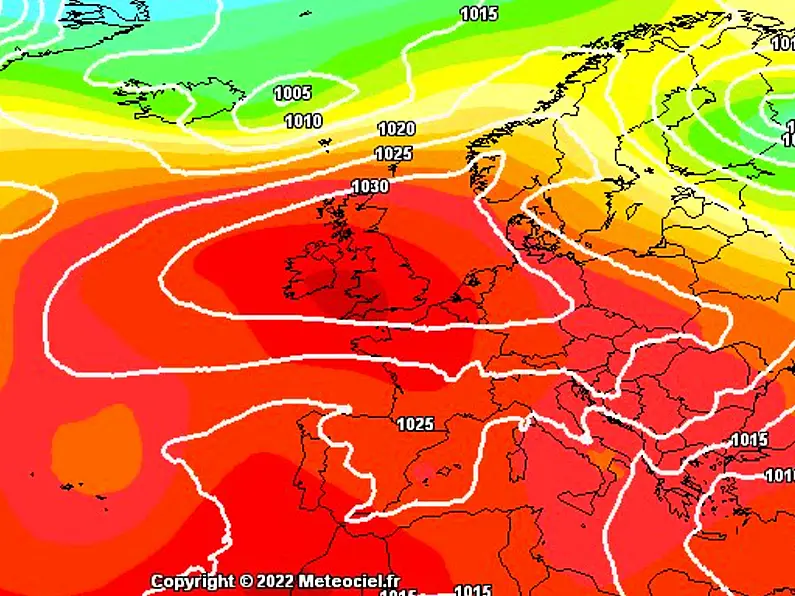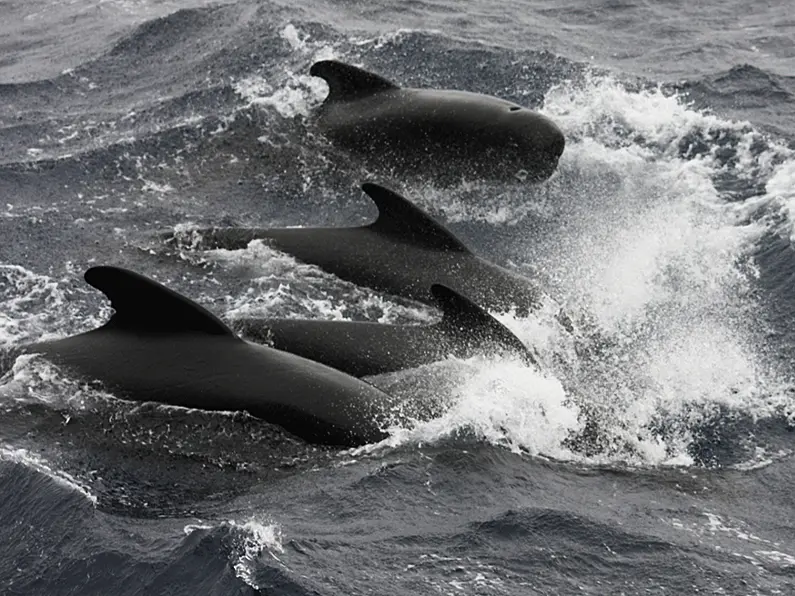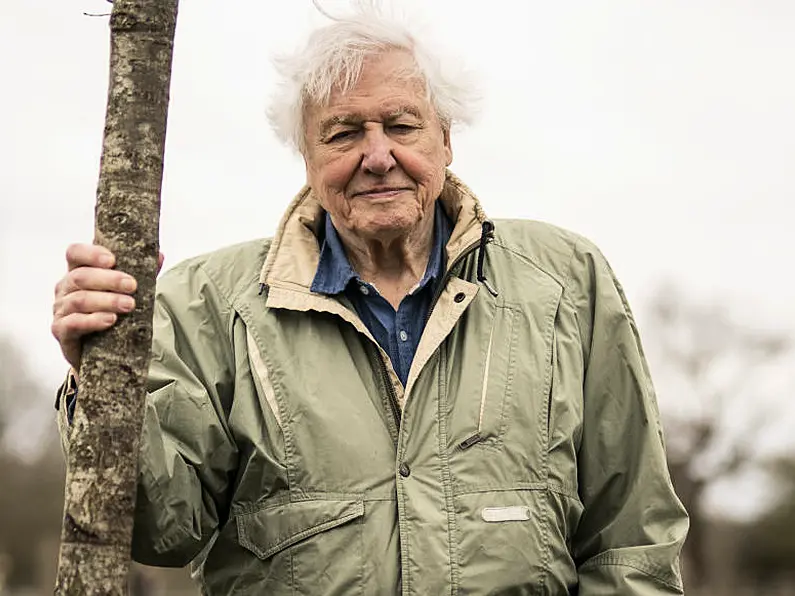By Evelyn Ring
Additional reporting: Darla Litvinova and Seth Borenstein
Prolonged warming of the Arctic Circle will have “devastating effects” on the rest of the world, an Irish climatologist has warned.
Dr Kieran Hickey from University College Cork (UCC) has joined other international scientists who have expressed similar concerns after a heatwave in Russia's Siberia region.
On Saturday, the thermometer hit a likely record of 38C in the Siberian town of Verkhoyansk in Russia's Sakha Republic.
The World Meteorological Organisation wants to verify the temperature reading, which would be a record for the region north of the Arctic Circle. It was 18C above the Siberian town's average temperature for June.
Dr Hickey, a senior lecturer in UCC's Department of Geography, described the temperature reading as "astonishing" during an interview on RTÉ radio.
"This is a temperature associated with high summer in the Mediterranean, not inside the Arctic Circle," he said.
Dr Hickey said the pattern of record temperatures over the last 10 to 15 years seemed to be continuing.
He had no doubt the record temperature was due to climate change.
"We are looking at a protracted warm spell over this part of Siberia, which is well inside the Arctic Circle and has been going on for several months, so it certainly would indicate that this is part of the climate change story."
Asked what would prolonged warming within the Arctic Circle lead to, Dr Hickey said it would have "devastating effects".
It would lead to the loss of the ice cover which reflects incoming solar radiation out into the atmosphere.
"When you lose that white reflective surface, the earth absorbs more incoming radiation and heats up so that drives up warming."
More concerning, however, was the melting of permafrost, which had been continuing in the Arctic Circle for over 20 years but was more noticeable in recent years.
Permafrost is the term used to describe permanently frozen ground that contains vast amounts of carbon dioxide. When it starts to melt, it releases gases into the atmosphere.
"It is really is very, very worrying that you have these protracted warm spells in the Arctic but we have known about them for at least a decade now," Dr Hickey said.
The increasing temperatures in Siberia have been linked to wildfires that grow bigger every year, as well as the thawing of the permafrost.
University of Michigan environmental school dean, Jonatan Overpeck, said such prolonged Siberian warmth had not been seen for thousands of years.
“The record warming in Siberia is a warning sign of major proportions,” the climate scientist warned.
"And it is another sign that the Arctic amplifies global warming even more than we thought.”
Lead scientist at the Moscow-based Voeikov Main Geophysical Observatory, Andrei Kiselyov, said in the Arctic the temperature increased by 0.69C every decade.
"In that respect, we're ahead of the whole planet," Mr Kiselyov said.
A catastrophic oil spill from a collapsed storage tank last month near the Arctic city of Norilsk was partly blamed on melting permafrost. In 2011, part of a residential building in Yakutsk, the biggest city in the Sakha Republic, collapsed due to thawing and subsidence of the ground.






